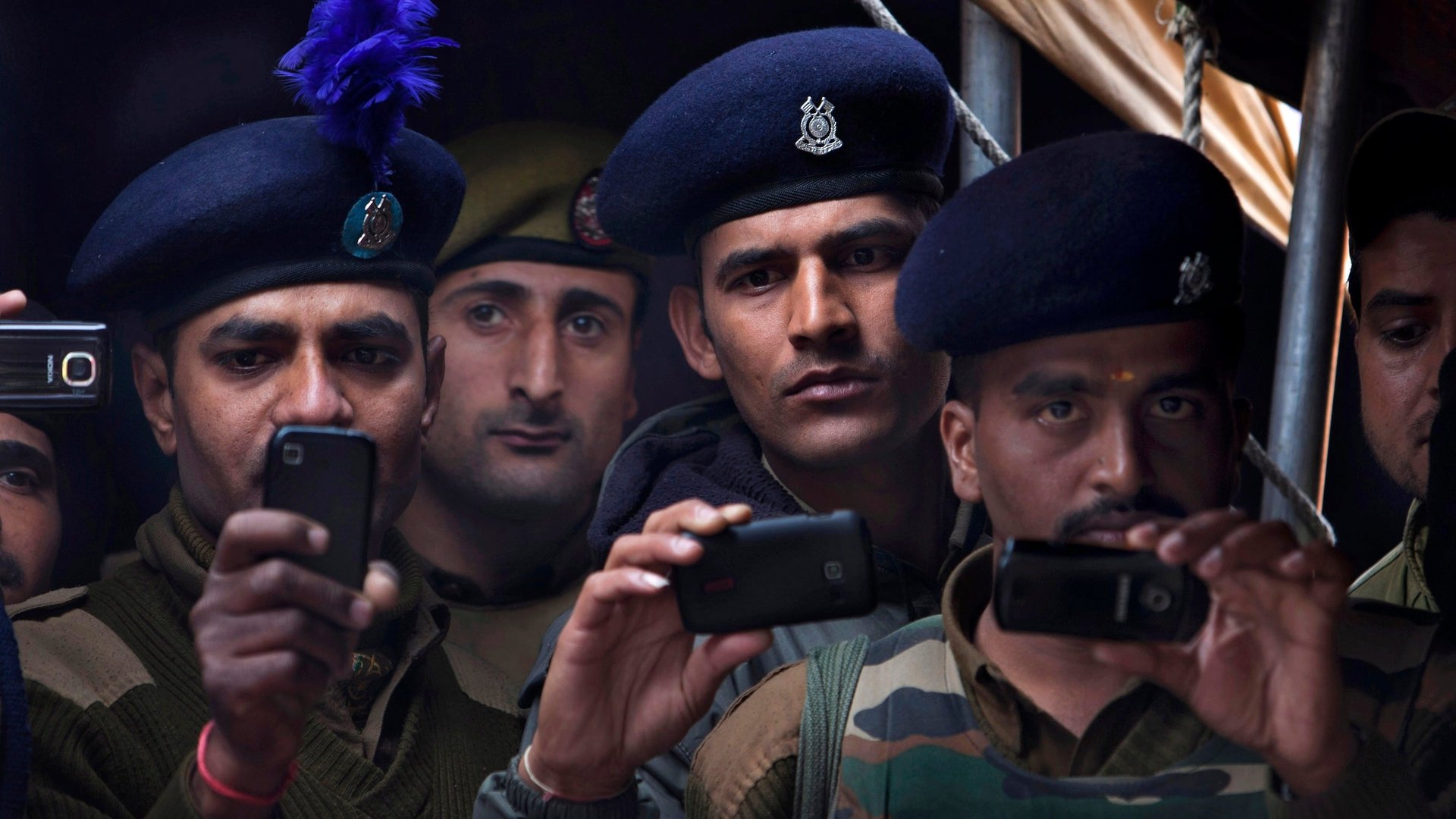If you don’t get the point of the Facebook phone, it’s not meant for you
It’s been an exciting few days for anybody interested in Facebook. Last week, the company sent out invitations to a launch event for tomorrow, April 4, for its “new home on Android”. Speculation boiled over that Facebook is building a phone with HTC. A website dedicated to Android released what it says are screen shots of a preliminary version of whatever it is Facebook is building. And a Twitter account called @evleaks posted a picture of a phone called “HTC First”, said to be the phone.


It’s been an exciting few days for anybody interested in Facebook. Last week, the company sent out invitations to a launch event for tomorrow, April 4, for its “new home on Android”. Speculation boiled over that Facebook is building a phone with HTC. A website dedicated to Android released what it says are screen shots of a preliminary version of whatever it is Facebook is building. And a Twitter account called @evleaks posted a picture of a phone called “HTC First”, said to be the phone.
An Android phone heavily modified to use Facebook as the home screen and the default action for everything from taking pictures to texting friends might seem to make a certain sense. If your Facebook friends and the people in your contact book are one and the same, why not?
But most watchers seem unconvinced. It is a “a solution to a problem that doesn’t exist”, it “lacks an original value proposition” and, in any case, “who’s going to buy it?” The middling specifications of the leaked HTC First are “yawn-inducing.” One American writer pointed out that with 70% of people with smartphones already using them to check social networks, “we are a nation of Facebook junkies”.
However, the fact that this is true for the US is precisely why the Facebook phone makes sense—for other parts of the world, as we’ve already argued. Take India, for example. Fewer than 50 million Indians own smartphones and half of them don’t even have a data connection. But with an expanding mobile internet network and readily available cheap devices, the demand for smartphones is going to skyrocket. Already dozens of smartphones made by domestic manufacturers come with Facebook pre-installed.
India is home to Facebook’s third-largest user base, with over 62 million accounts by one estimate. It is growing rapidly. In three years, it will be Facebook’s biggest market. Facebook is the most visited website in India after Google. And on mobile phones, Facebook “clocks maximum time spent and leads all websites in terms of page views as well as data consumption,” according to a report from Bharti Airtel, a telecom operator.
India is only the biggest prize. Combine other large markets and there are tens of millions of people who are already fans of Facebook, will soon buy their first smartphones, and would appreciate a familiar app when they turn them on. Take a look at Africa and Asia on this map and it becomes clear where Facebook should be concentrating its efforts.
In this light, it makes perfect sense for the first, most important, device with Facebook’s name on it to be a mid-market phone that won’t scare away too many people. And judging by the other efforts Facebook has made to adapt itself for countries with slow internet connections, tomorrow’s phone will probably also have some tweaks to make the experience faster and lighter.
Facebook did not get to a billion users by focussing on America alone. Its phone, app, or home screen, or whatever it is, may have its coming-out party in California, but it’s aimed squarely at the rest of the world.